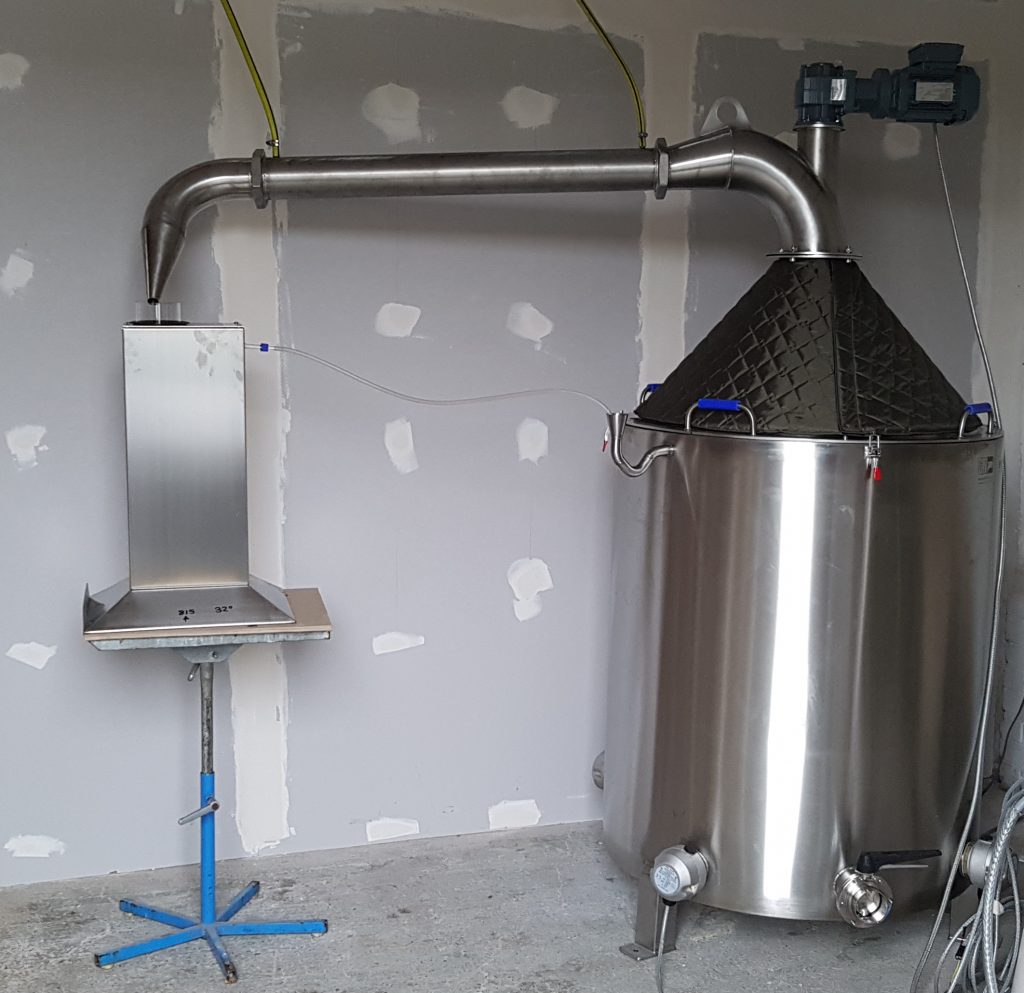

We work with businesses in a variety of ways, from testing and demonstrating new innovative products and services, to improving processes and identifying decarbonisation opportunities. In this blog, we showcase an exciting project that we are currently working on that aims to improve the efficiency of small-scale distillation and pasteurisation equipment to make more economic use of renewable energy technologies.
Using renewable energy for milk pasteurisation
GN Ltd, a family-owned SME in Kent, has been producing stills and batch pasteurisers for over 20 years for the distillation of essential oils and the processing of milk, yoghurt and cheese. Their units are used by smallholders across the UK, often creating products from locally grown, organic sources. Selling a high-quality product locally provides farmers with an alternative to competing for lowest cost to supply the large supermarkets.
GN’s stills and pasteurisers are not only in demand by UK smallholders but also by famers across Africa where the added value of processing milk or creating essential oils from flowers or grasses represents a route out of poverty. Many stills in Africa are heated through the combustion of wood or charcoal and pasteurisers are commonly run from diesel generators. Operating from renewable sources of energy such as solar would mitigate both the health and the climate impacts of burning these fuels and improving the efficiency of these operations can lead to a significant reduction in the cost of the photovoltaic panels and batteries required to achieve reliable operation.
Feasibility studies to ensure maximum efficiency.
GN Ltd initially contacted SPECIFIC to undertake a feasibility study of operating their essential oil stills in Malawi using a stand-alone solar energy system. The national grid is both expensive and unreliable in Malawi and it was hoped that solar energy could represent a more dependable and cost-effective solution. SPECIFIC modelled GN Ltd’s stills at their chosen location and provided sizing for a PV/battery system that would meet the electrical load 365 days per year.
SPECIFIC was also able to show that by adjusting the start time of the process and operating from DC electricity the system size and cost could both be reduced. GN Ltd subsequently developed a still operating from DC for use with such PV systems and this modification can also be applied to their pasteurisers.
Introducing thermal storage to reduce energy requirements.
The relationship that developed through this first engagement enabled SPECIFIC and GN Ltd to recognise that SPECIFIC’s expertise in thermal storage might also be used to improve the distillation and pasteurisation processes. SPECIFIC was able to secure a modest GCRF budget to explore how thermochemical storage and phase change materials might be employed to reduce the energy requirement of stills and pasteurisers operated in Malawi.
Whilst it’s early days for this research the team at SPECIFIC has already recognised and advanced a further opportunity to also exploit thermal energy generated by wind, which for anyone that has seen the film “The Boy Who Harnessed the Wind” will be immediately recognisable as an enticing solution in Malawi.
Collaborate with SPECIFIC.
We welcome collaboration enquiries from SMEs. To find out how we could work together, head to our business case studies or working together page.